5. 8mm
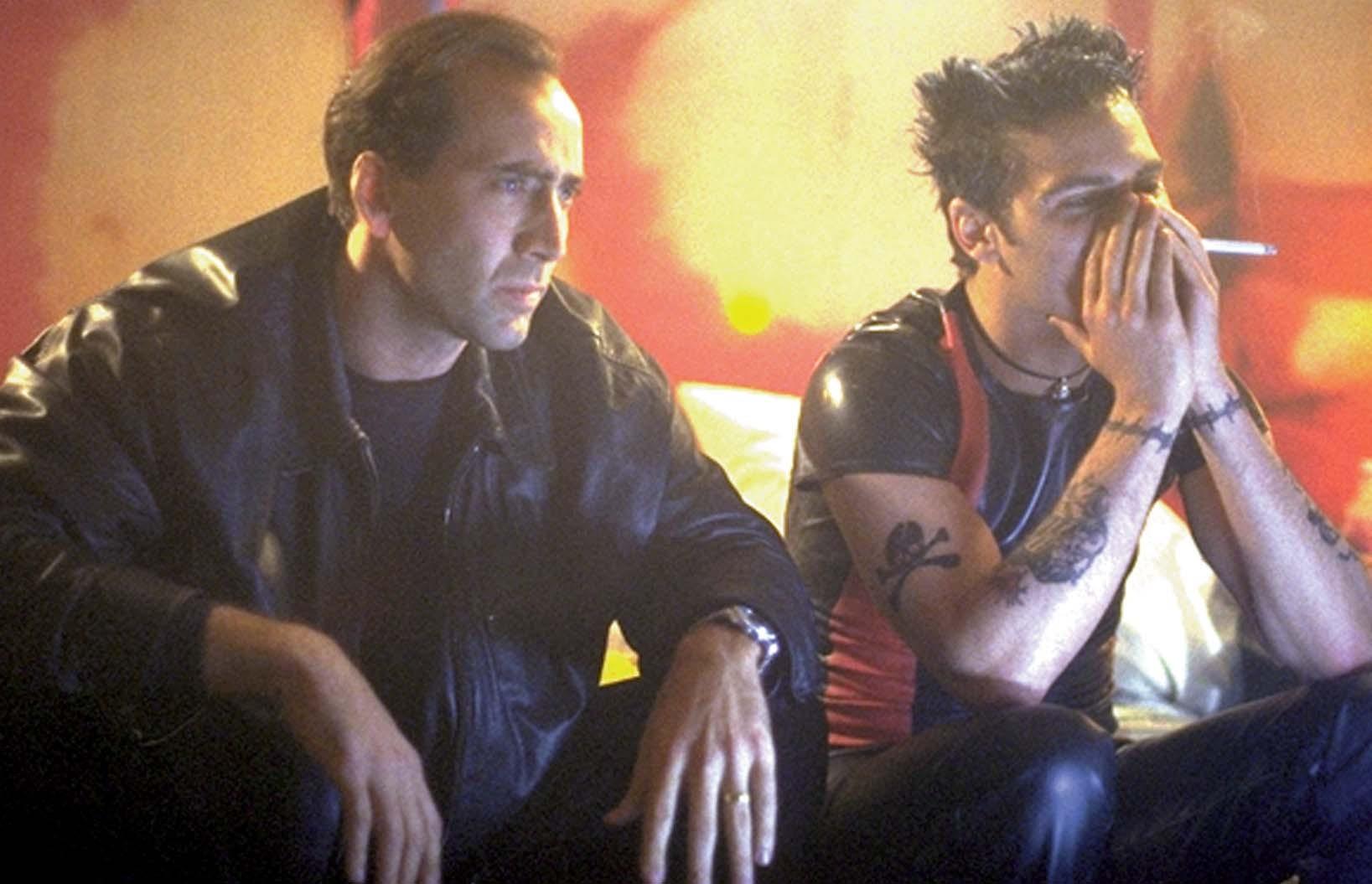
What if I told you that this movie somehow has actually a lower score on Metacritic than “Batman & Robin”? It’s weird. Obviously, critics may have disliked it, but the overwhelmingly negative reviews feel baffling in retrospect. Was it because Schumacher was not taken seriously after the “Batman” films? Did this movie come out at the wrong time in that it got better reviews in Europe and it took time to get a cult following? Sure, it’s violent and sometimes nasty, but it’s also a haunting, thrilling, exciting experience with an unusual plot, some terrific acting, a very specific atmosphere, and excellent choice of music.
Sure, it’s not for everyone. It can get too violent and the second half goes into a more action kind of direction than the previous dark hour. But in the end, “8mm” is a testament to how dark Schumacher can get and how provocative he can get also as the movie touches on and explores different themes, including what rich men can do in their secret lives, the possibility of a underground violent culture, how far you can go for to get money, and how a violent world can make a person violent and paranoid.
“Devil doesn’t change, devil changes you,” as Joaquin Phoenix’s character says in the film. It’s a disturbing film that deserves to be seen by more. The leading star himself, Nicolas Cage, thinks of it as his first entry in the “horror” genre as he considers the film to be one, and he also agrees that it’s underrated and deserved better reception.
4. A Time to Kill
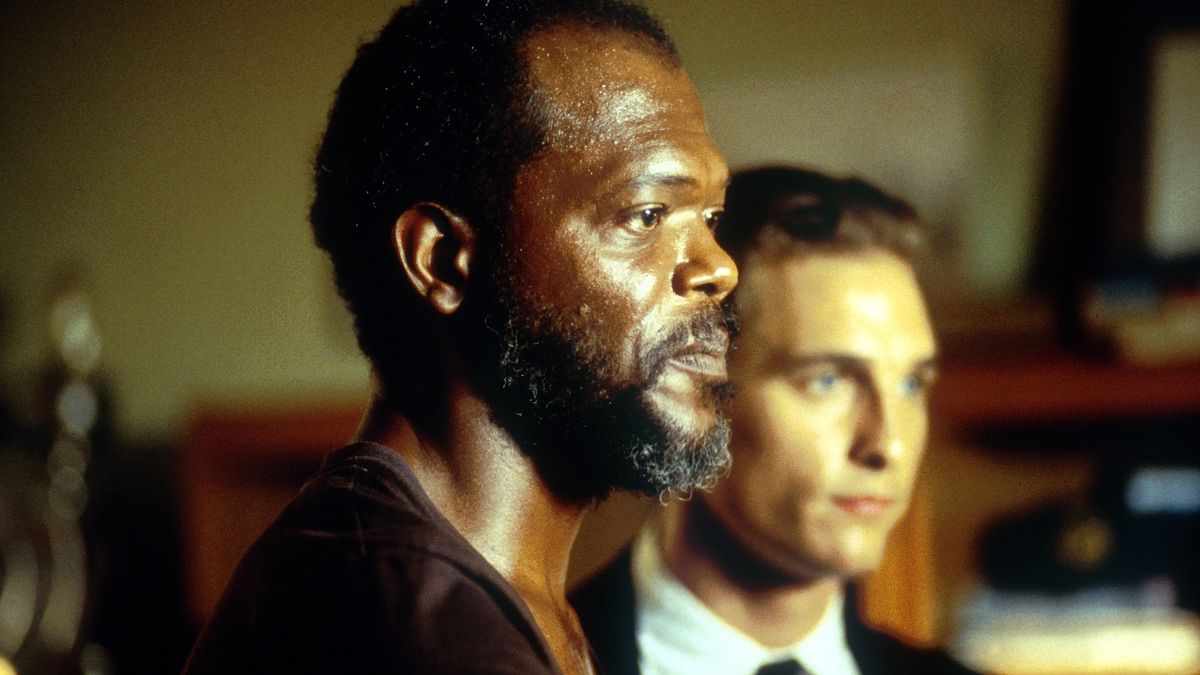
Schumacher’s second take on John Grisham courtroom dramas was another critical hit, even though it was criticized for being overlong and had some controversy surrounding it on the message it was sending. But when you think about it, what scene here is unnecessary? With an all-star cast and a sharply-written script, everything feels in the right place, and despite running longer than two hours, it never gets boring.
Set in Mississippi, “A Time to Kill” involves the rape of a young girl; the arrest of those two rapists; their subsequent murder by the girl’s father; the father’s trial for murder that also leads to violent retribution; and revenge from the Ku Klux Klan. Every cast member is expertly chosen, but the most impressive of them all is Matthew McConaughey in his first leading role, and not just because of his famous speech in the end. Just watch him in the scene where he thinks his dog has died and is looking out for him; his facial expressions and the tone of his voice just speaks volumes. Schumacher knows all the details of how to make an entertaining and also heartbreaking and powerful courtroom tale, and it shows that he loved old-fashioned classic Hollywood filmmaking.
3. Tigerland
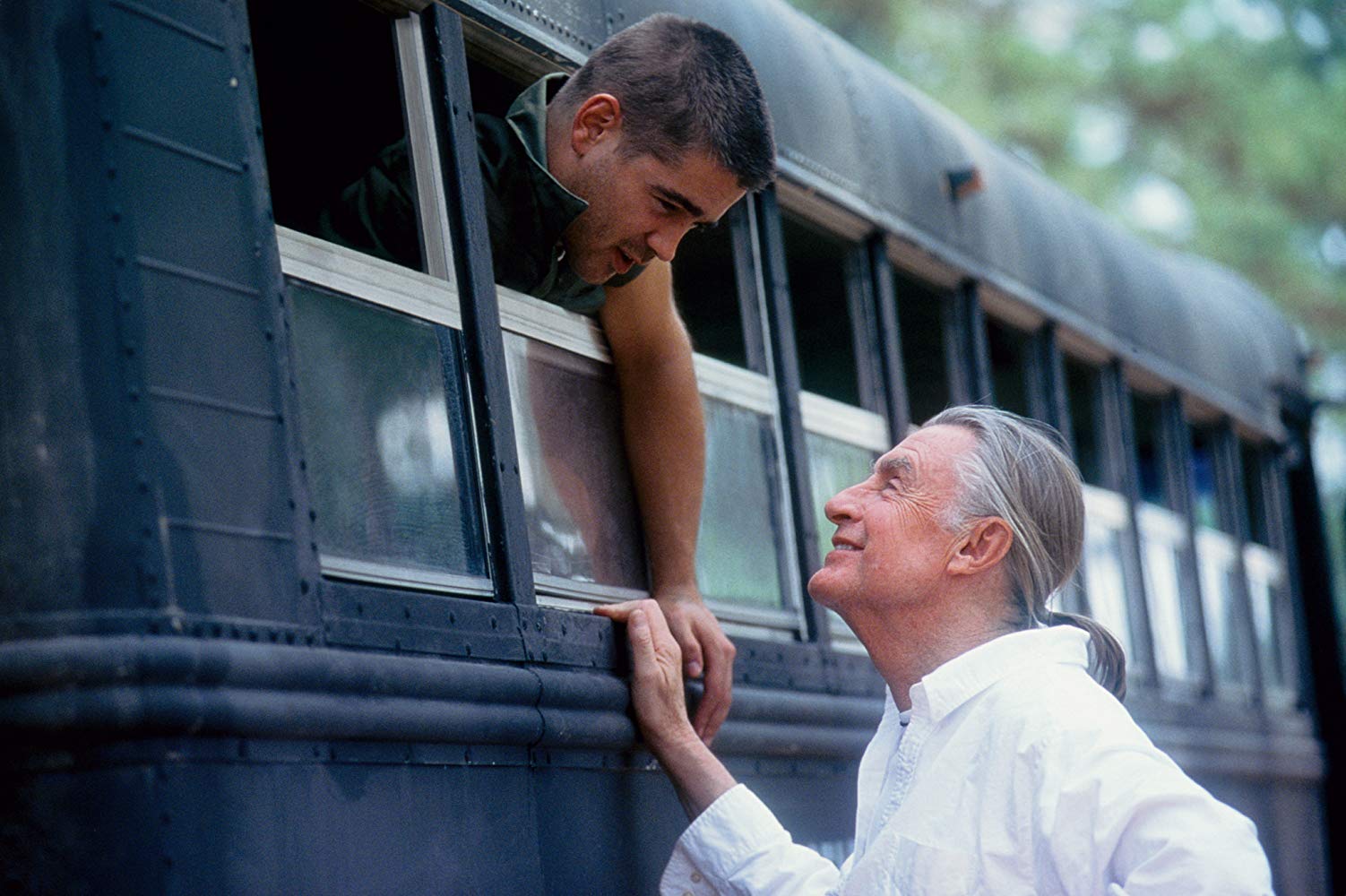
In 1971, a group of recruits was trained for the Vietnam War. It turns out that the young men who suffer from the hard training are hardly suitable for use in war. Here we have Schumacher’s take on a war movie, but it’s not your classic definition of a war film. This is mostly a film about individuality, so think of it as what “Cool Hand Luke” means to prison movies. Colin Farrell’s hype also started with this film; his performance as the complex rebel Private Bozz earned him rave reviews and critics hauled him as his next Paul Newman.
However, this is one of those rare cases where Schumacher’s film did better with the critics than with the audience since the film was a huge flop at the box office, which was expected given the nature of the movie. It’s more of a character study, not a war film full of battle scenes or anything. Schumacher also uses the story as an allegory of how the war divided the nation back then. Thanks to the hand-held camera use and the 16mm footage, the movie also sometimes feels like a documentary, which intensely illustrates the blurred perception of reality by the young men. It doesn’t lose its cinematic power as the movie stays gritty and engaging throughout.
2. The Lost Boys
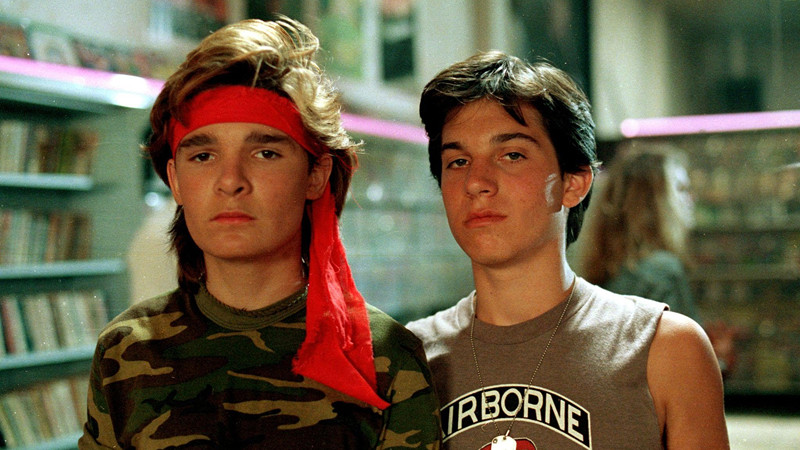
“They’re only noodles, Michael!” After all these years, “The Lost Boys” remains as great as ever and its influence is everywhere. Schumacher made his first critically acclaimed film – even though highbrow critics were not too pleased with it – with “The Lost Boys,” a vampire classic that had everything you could have asked from such a movie back in that time. Cool costumes, great characters, two Coreys, an unexpected twist, great one-liners, lots of humour, fine settings, an exciting motorcycle chase scene, Tina Turner’s sax guy, and the list never ends. The film established the careers of most of its cast members; this especially includes Kiefer Sutherland, who later became Schumacher’s frequent collaborator and was always awarded great roles.
“The Lost Boys” is often referenced in many horror shows and films, most recently referenced in “Us,” and is pretty beloved by vampire film fans. It also had an amazing soundtrack and you should remember that it was filmed in the pre-Tarantino era. Nowadays, the film gets a lot of talk.
Most recently on the documentary “In Search of Darkness” there was a good segment dedicated to its twist, its heavy metal influence; the cool and memorable characters; the “family film” aspect; and how it was supposed to be “Goonies”-like project before Schumacher came on board, but it’s a movie that deserves a proper documentary about its making and what made it stood out at the time, even if its director is not with us anymore. “The Lost Boys” is still beloved and certainly will continue its popularity for decades to come.
1. Falling Down
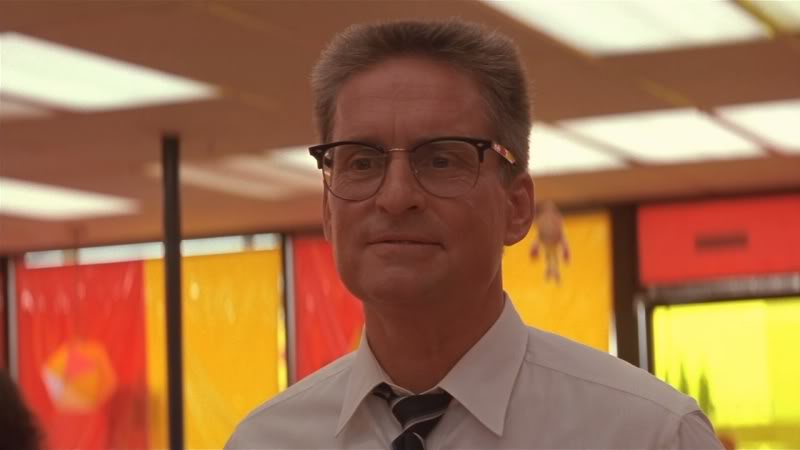
The first Schumacher film to compete in a major film festival, “Falling Down” is one of his most controversial that still gets mentioned in lots of think pieces today. The movie is very complex since some viewers thought the film justifies the lead character’s actions, and some thought it doesn’t since it mostly portrays him as some kind of antagonist. But that’s the success of the film – this is the kind of a film that you keep talking about long after you finish it. We cannot make out whether we are meant to like him or not, or why he is so angry. We keep discussing the scenes, the character’s psychology, and what the movie tried to say long after we finished the film.
What’s admirable about “Falling Down” is that it doesn’t only explore complex themes, but it does it in a very entertaining way. The movie effectively combines black comedy with character drama and psychological thriller, and even a little bit of action. Schumacher paces the film rivetingly and it helps that he got a great leading man in Michael Douglas in a role that plays to his strengths but at the same time is also one of his different roles.
Douglas is entertaining to watch throughout the film and gives his character a lot of depth. You can’t argue with people who say it’s his best performance as an actor. Even after all those years, “Falling Down” remains as a very bold Hollywood movie from one of the more risk-taker studio directors of his time. It’s an intense, funny, thrilling and complex film, which sums up many of Schumacher’s trademarks. One of those powerful works that he should be remembered for.
Honorable Mentions:
Classics of their time – “St. Elmo’s Fire” (1985), “Dying Young” (1991), the entertaining “Number 23” (2007), the powerful “Veronica Guerin” (2003) and his more personal “Flawless” (1999).
Before he hit it big in Hollywood as a director, Schumacher also wrote the ‘70s comedy classic “Car Wash,” and he was also a celebrated costume designer: “The Last of Sheila” (1973), “Sleeper” (1973) and “Interiors” (1978) are notable examples.
Rest in peace Joel, your good movies were really good and your bad ones were not boring.